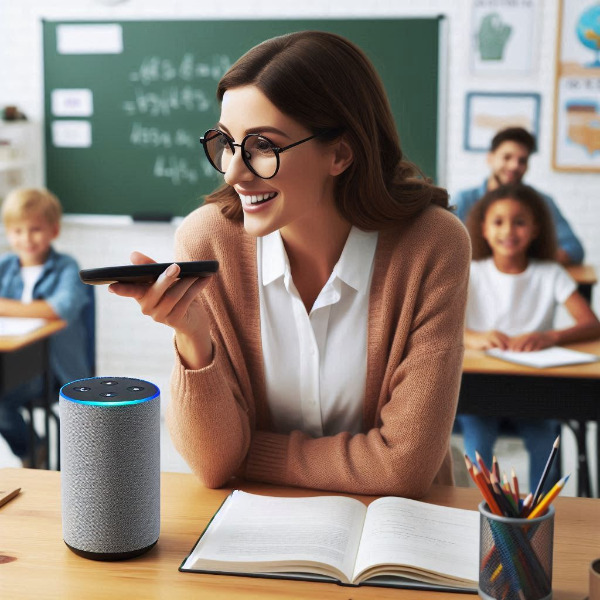AI Agents

AI agents are something of concern for OpenAI, Google, and any other players. "AI agents" are software programs designed to perform specific tasks or solve problems by using artificial intelligence techniques. These agents can work autonomously or with minimal human intervention, and they're capable of learning from data, making decisions, and adapting to new situations.
Gartner suggests that agentic AI is the most important strategic technology for 2025 and beyond. The tech analyst predicts that, by 2028, at least 15% of day-to-day work decisions will be taken autonomously through agentic AI, up from 0% in 2024. Does that excite or frighten you?
They can automate processes, analyze data, and interact with users or other systems to achieve specific goals. You probably already interact with them in applications (Siri or Alexa), customer service chatbots, and recommendation systems (Netflix or Amazon). They may be less obvious to you when using an autonomous vehicle or a financial trading system.
There are many categories into which we might place these agents because there are different types of AI agents, each with unique capabilities and purposes:
Here are some possible categorizations:
Reactive agents respond to specific stimuli and do not have a memory of past events. They work well in environments with clear, predictable rules.
Model-based agents have a memory and can learn from past experiences. They use this knowledge to predict future events and make decisions.
Goal-based agents are designed to achieve specific goals. They use planning and reasoning techniques to determine the best actions to take to reach their objectives.
Utility-based agents consider multiple factors and choose actions that maximize their overall utility or benefit. They can balance competing goals and make trade-offs.

Learning agents can improve their performance over time by learning from their experiences. They use techniques like machine learning to adapt to new situations and improve their decision-making abilities.You could also categorize agents in other ways, for example, in an educational contex.
For personalized learning, agents can adapt educational content to meet individual students' needs, learning styles, and pace. By analyzing data on students' performance and preferences, AI can recommend personalized learning paths and resources. In a related way, intelligent tutoring systems can provide one-on-one tutoring by offering explanations, feedback, and hints the way that a human tutor might. They might even be able to create more inclusive learning environments by providing tools like speech-to-text, text-to-speech, and translation services, ensuring that all students have access to educational content. By analyzing students' performance data, they could identify at-risk students and provide early interventions to help them succeed.
AI agents can automate administrative tasks for faculty, such as grading, attendance tracking, and scheduling, freeing up educators' time to focus more on teaching and interacting with students.
Agents can "assist" in creating educational materials. I would hope faculty would be closely monitoring AI creation of tests, quizzes, lesson plans, and interactive simulations.
Though I see predictions of fully AI-powered virtual classrooms that can facilitate remote learning, I believe this is the most distant application - and probably the one that most makes faculty apprehensive.
Trackbacks
Trackback specific URI for this entryThe author does not allow comments to this entry
Comments
No comments